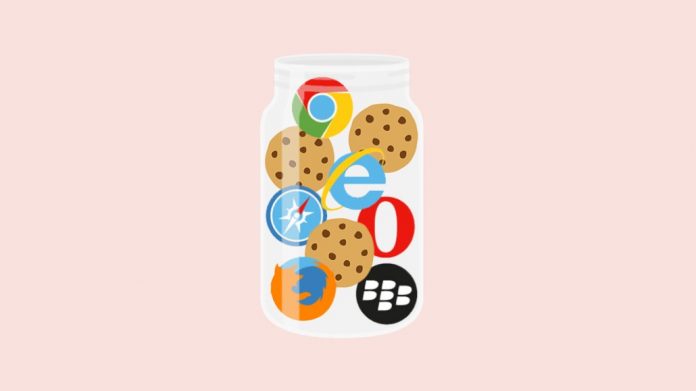Consumers using the internet these days are not totally okay with their data being shared to the third-party. Though sometimes they prefer personalized products to be displayed to them through digital advertisements and through e-commerce platforms such as Amazon and flipkart, consumers sometimes feel uncomfortable when advertisements get too creepy. Also many countries across the world such as countries from European Union, are applying restrictions on the user data or cookies being shared with the third parties.
It is high time that Marketers and advertisers find alternative cost-effective ways to achieve their financial objectives while depending upon less third-party cookie data for their marketing campaigns and digital advertisements.
How ‘cookie less’ internet will affect brands?
The most commonly used data in digital marketing campaigns is the cookie based user data. The nonexistence of cookie data will mean less precision in tracking the consumer behavior, therefore, formulating and designing new marketing campaigns will become very difficult. The old algorithms making use of the cookie data will no longer be valid and using those may be a risk, because it ought to make irrelevant ads to the consumers in the absence of user data. According to a study conducted by Google for quantifying the impact of disabling third party cookies on programmatic as revenue for publishers, the average revenue will drop by 52% for the top five hundred global publishers.
How are consumers going to get affected?
With the elimination of third party cookie data, consumers will enjoy more privacy and data protection. But at the same time it will also mean that there will be less relevant ads showing up on their devices. Many online properties such as mobile apps and games have been able to sell their services to the consumers free of cost by generating revenues from advertisements displayed to the consumers. The lack of third party user data will mean that users will have to pay for the services offered by the online properties.
Social media to benefit from the ‘cookie-free’ internet!
Social media giants such as Facebook are most likely to benefit from the so called cookie-free internet. This is because the gap created due to the lack of third party cookie data could be filled by the social media platforms by aiding as a digital identity source. The digital identity data from users on these platforms will come in handy in replacing the third party cookie data in creating marketing campaigns and advertisements.

